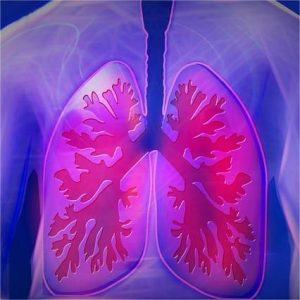Featured Products
Explore Products
- In-Stock Tumor Cell Lines
- Human Orbital Fibroblasts
- Human Microglia
- Human Pulmonary Alveolar Epithelial Cells
- Human Colonic Fibroblasts
- Human Type II Alveolar Epithelial Cells
- Human Valvular Interstitial Cells
- Human Thyroid Epithelial Cells
- C57BL/6 Mouse Dermal Fibroblasts
- Human Alveolar Macrophages
- Human Dermal Fibroblasts, Adult
- Human Lung Fibroblasts, Adult
- Human Retinal Muller Cells
- Human Articular Chondrocytes
- Human Retinal Pigment Epithelial Cells
- Human Pancreatic Islets of Langerhans Cells
- Human Kidney Podocyte Cells
- Human Renal Proximal Tubule Cells



 NCI-H460 is a human large cell lung carcinoma cell line established in 1982 from the pleural effusion of a 42-year-old African-American male patient with metastatic disease. NCI-H460 exhibits epithelial-like morphology and adherent growth in monolayer culture. These cells have a hypotriploid karyotype, with a modal chromosome number of 57 (range 53–65), and a doubling time of approximately 23–33 hours. These cells express keratin and vimentin, indicative of both epithelial and mesenchymal phenotypes, but is negative for neurofilament triplet proteins. NCI-H460 demonstrates tumorigenic potential in nude mice models, forming subcutaneous xenografts.
NCI-H460 is a human large cell lung carcinoma cell line established in 1982 from the pleural effusion of a 42-year-old African-American male patient with metastatic disease. NCI-H460 exhibits epithelial-like morphology and adherent growth in monolayer culture. These cells have a hypotriploid karyotype, with a modal chromosome number of 57 (range 53–65), and a doubling time of approximately 23–33 hours. These cells express keratin and vimentin, indicative of both epithelial and mesenchymal phenotypes, but is negative for neurofilament triplet proteins. NCI-H460 demonstrates tumorigenic potential in nude mice models, forming subcutaneous xenografts.